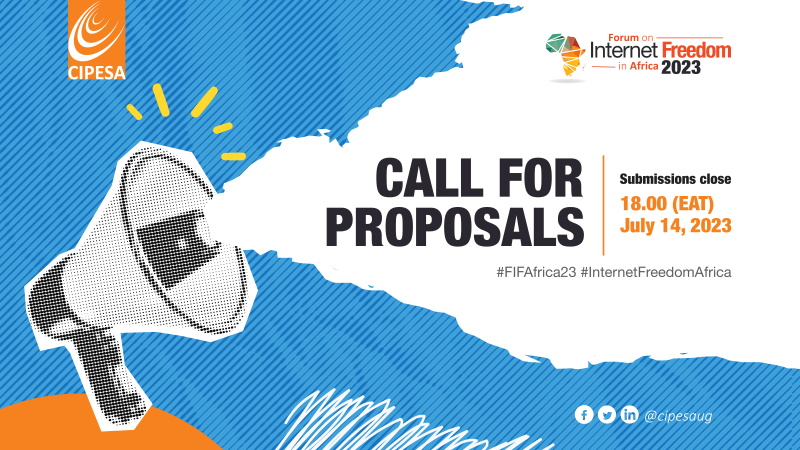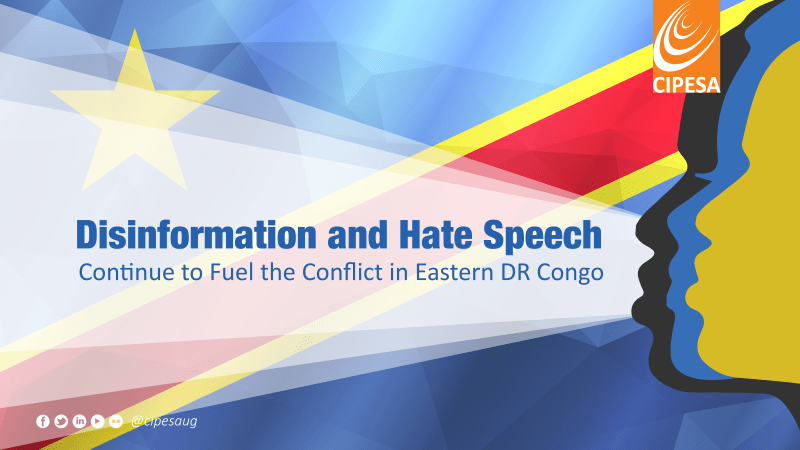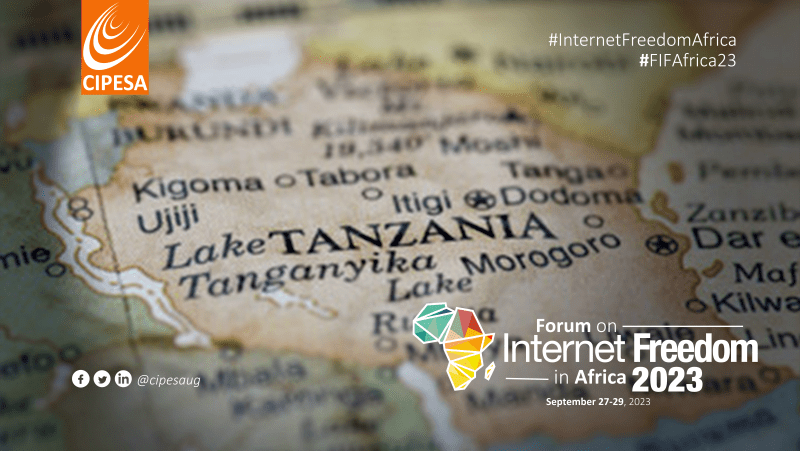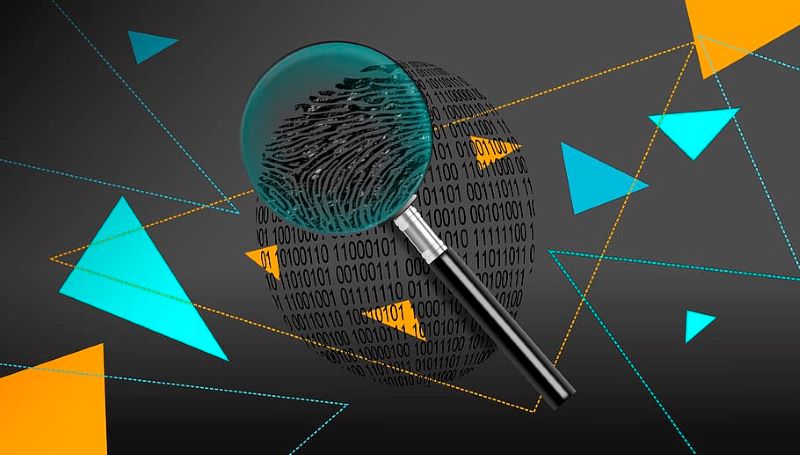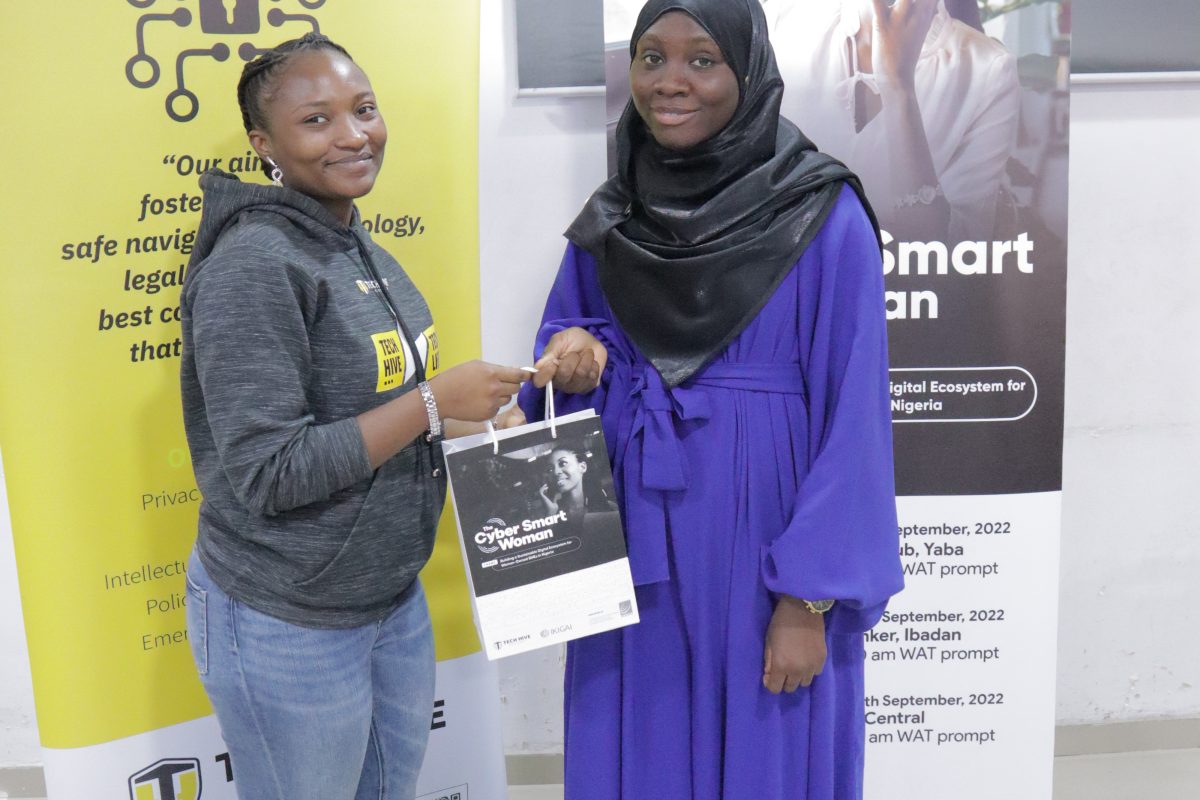By Nadine Kampire Temba and CIPESA Writer |
The Democratic Republic of Congo (DR Congo) continues to witness an information war, characterised by spiralling incitement, misinformation, disinformation and hate speech on social media. The state of affairs has undermined cohesion between communities and continues unabated due to various factors.
Firstly, the country’s long history of political instability has created an environment where misinformation, disinformation and hate speech thrive. Over the past three decades, the DR Congo has witnessed cyclic and indiscriminate violence, and internationalised conflict. These have been fuelled by impunity for atrocities, endemic corruption, poor governance, leadership wrangles and differences over the control of an estimated USD 24 trillion worth of mineral resources, pitting the government against neighbouring countries, at least 120 armed groups and other parties.
The instability has left at least 24.6 million people (one in four Congolese) at risk of food insecurity and a further six million citizens internally displaced, the highest on the continent. Human rights violations have remained commonplace despite years of humanitarian interventions. More recently, the conflict has escalated in Ituri and Kivu provinces in the eastern part of the country. Violence between government forces and armed groups has led to the death of at least 1,300 people since October 2022 and forced about 300,000 civilians to flee their homes and villages.
Secondly, divisions among the country’s diverse ethnic groups have contributed to the escalation of tensions and hostility, while disputes with neighbouring Rwanda have led to the deterioration of diplomatic relations between the two states. Congo, United Nations experts and western governments accuse Rwanda of backing the March 23 Movement (M23) rebel group which continues to extend its control in North Kivu – accusations Rwanda and the rebel group deny.
The Congolese government has labelled the M23 a “terrorist movement” and blamed it for committing atrocities, including summary executions and forced enlistment of civilians. In January 2023, Congo accused Rwanda of shooting down its fighter jet and described this as a “deliberate act of aggression that amounts to an act of war”. Rwanda claimed the jet had violated its airspace on three occasions. This came eight months after Kinshasa banned Rwanda Air from its airspace.
For its part, the Rwanda government accuses the Congolese army of utilising proxy armed groups, such as the Democratic Forces for the Liberation of Rwanda (Les Forces démocratiques de libération du Rwanda, FDLR), to contain the M23 offensive and to destabilise Rwanda.
The strained relations between the two countries, coupled with social divisions based on ethnicity, religion, nationality and political affiliation, continue to be exploited by politicians and groups affiliated to both countries to create tension and fuel hate speech and disinformation online and offline. On October 30, 2022, the Congolese government ordered the Rwandan ambassador, Vincent Karega, to leave the country within 48 hours in retaliation for Kigali’s alleged support to the M23. The DR Congo also recalled its top diplomat from Rwanda in a further souring of relations. A day later, on October 31, 2022, thousands of Congolese citizens, mostly in Goma city, attended anti-Rwanda protests to denounce Kigali’s alleged support of the M23, a mostly Congolese Tutsi group and what they called the “hypocrisy of the international community in the face of Rwanda’s aggression.”
During the protests, names of individuals identified as Rwandans were read out, resulting in attacks and lynching of some individuals. In response, online trolls affiliated to Rwanda have targeted Congolese political leaders, journalists and civil society leaders. The targets of attacks in Congo have included the Banyarwanda (Tutsi) and the Banyamulenge whose citizenship, equal rights and belonging in DR Congo have been constantly questioned. They often face threats, attacks, and dehumanising stereotypes as they are perceived as foreigners or Rwandan implants supporting the M23 rebellion.
Amidst these tensions is a weak and underdeveloped media environment in both DR CongoC and Rwanda, coupled with low media literacy among the population, which are enabling the spread of false information without being challenged or fact-checked. The situation has been further complicated by the lack of both skills and tools in content moderation and editorial guidance on the part of local media outlets and journalists working from both sides of the border.
Media houses have to compete with social media platforms where users have found a sense of “community” by connecting with a variety of actors at the national level and in the diaspora who anonymously disseminate and amplify well-scripted radical messages, conspiracy theories and polarising narratives to wider audiences and appeal to ethnic loyalties and sow discord among communities. Some of the rivalling groups have deployed bots and trolls in order to manipulate the public opinion on social media.
According to Congolese journalist Desanges Kihuha, the media that are committed to providing truthful information are struggling to match the speed at which conflict-related disinformation and misinformation are spreading on social media platforms due to limited skills and funding. Thus, any actor intent on spreading false information can publish information online where it can easily gain virality without being fact-checked. “In the current context of war and insecurity in North Kivu province, misinformation continues to spread at a fast rate due to the use of digital and social media. Unfortunately, there is little press coverage of this phenomenon of hate speech and fake news,” says Kihuha.
Related to the above is that a significant part of the population, especially those in rural areas, lack access to accurate, verifiable and reliable information, while at the same time, the youth rely on social media for information. In addition, the social and economic challenges affecting the public, such as high poverty levels and limited access to basic services and infrastructure, create frustration, resentment, anger and distrust of the state, making the public vulnerable to exploitation.
As a result, politicians, armed groups and their allies exploit these vulnerabilities to create tension by manipulating public opinion to generate support for their extremist political views or groups and channelling the public anger to promote hate speech and disinformation to further escalate the ethnic and regional conflicts. Theogene Magarambe, a Rwandan journalist, describes this as the “instrumentalisation of the M23 insurgency” in order to distract the public from governance shortcomings and the failure to restore peace and rule of law in Kivu.
The failure by governments on both sides of the border to create an environment to push back against the political polarisation and disinformation online is widely acknowledged. “At the practical level, policies related to content moderation and regulation are currently inexistent, though we are engaging cross-border communities in order to create space for dialogue, hosting workshops and platforms where we exchange knowledge,” says Marion Ngavho Kambale, who is the head of the civil society of the North Kivu province. Magarambe adds: “Today the true legitimacy test for any credible government is whether it can implement legal safeguards on privately developed technologies and hold platform operators accountable for failure to moderate content.”
Critics point to the challenge of the structural conception of social media platforms, whose business models and algorithms mostly prioritise content based on its engagement value rather than its accuracy or truth. Platforms such as Facebook have been criticised for inaction in the face of online ethnic incitement and massacres in Ethiopia – a potential risk in the DR Congo-Rwanda conflict. As Arsene Tungali, a digital rights and internet governance expert observed, inadequate actions by the likes of Facebook, Twitter, and WhatsApp means “the devastating effects of political polarisation, hate speech and disinformation peddled on social media remain a problem.”
Louis Gitinywa, a digital rights and technology lawyer, says although the internet has offered citizens and private actors in the two countries a robust civic space for organising and engaging with key societal priorities, the “lawlessness and disinformation online … continue to contribute to fighting and killings”.
Overall, addressing hate and disinformation in the DR Congo-Rwanda conflict will require a sustained and coordinated effort from multiple actors. Looking ahead, there is a critical need to build capacity and expertise amongst all the stakeholders in order to formulate effective strategies for content moderation. This includes building the legal expertise and strategic litigation to hold liable social media such as Facebook and Twitter for failing to effectively put adequate measures to moderate content in native and indigenous languages.
Further, since media literacy is limited, it is important to build the capacity of journalists, media practitioners and civil society reporting on the conflict to be aware of the complex information environment, relevant skills in fact-checking, professional ethics, content moderation as well as building their own professional networks for sharing credible information with counterparts across borders and avoiding sensationalism in reporting. They can also use the available platforms to promote responsible social media use, tolerance and dialogue between different groups in order to build trust. Moreover, the different actors should desist from propagating hate speech and disinformation.
Nadine Kampire Temba is a journalist and digital rights lawyer based in Goma city, DR Congo, and a fellow with CIPESA. She coordinates Afia Amani Grands Lacs, an online media outlet that undertakes fact-checking and defends press freedom in the Great Lakes Region. You can follow her on Twitter @nadineKampire

